Black History, Entertainment
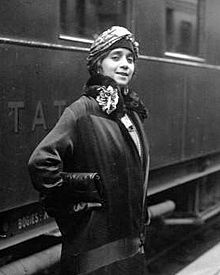
Lillian Evans Evanti
Lillian Evans Evanti (1890-1967) was the first African American to sing opera with an organized company in Europe.
In 1941 she founded the National Negro Opera.
She was born in Washington, D.C., and graduated from Armstrong Manual Training School.
She graduated from Howard University with a Bachelor’s Degree in music and studied in France and Italy. Evanti, a soprano, sang at the Belasco Theater in 1926 with Marian Anderson.
She debuted in 1927 in Delibes’s Lakmé at Nice, France. As an opera singer and concert artist, she toured throughout Europe and South America.
- In 1943, she performed with the Watergate Theater barge on the Potomac River. In 1944, she appeared at The Town Hall (New York City). She received acclaim as Violetta in Verdi’s La traviata as produced by the National Negro Opera Company in 1945.
- In 1963, she walked with her friend Alma Thomas in the March on Washington.
Black History, Civil Rights, Entertainment
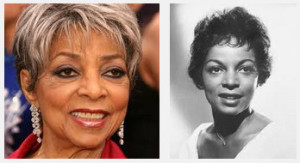
Ruby Dee
Ruby Dee’s acting career has spanned more than fifty years and has included theater, radio, television, and movies. She has also been active in the National Association for the Advancement of Colored People (NAACP), the Southern Christian Leadership Conference (SCLC), and the Congress of Racial Equality (CORE).
Ruby Dee was born Ruby Ann Wallace on October 27, 1924, in Cleveland, Ohio. Her parents, Marshall and Emma Wallace, moved the family to Harlem in New York City when Dee was just a baby. In the evening Dee, her two sisters, and her brother read aloud to each other from the poetry of Henry Wadsworth Longfellow (1807–1882), William Wordsworth (1770–1850), and Paul Laurence Dunbar (1872–1906). As a teenager Dee submitted poetry to the New York Amsterdam News, a black weekly newspaper. Later in life, Dee admitted that during those years she was a shy girl but that she always felt a burning desire to express herself. (more…)
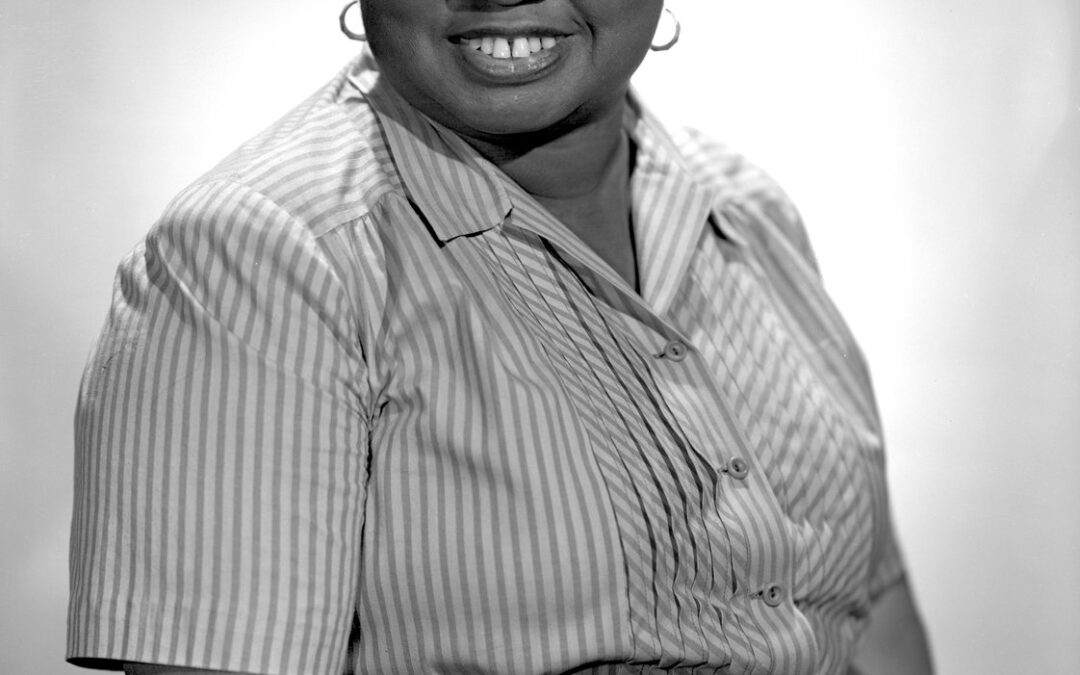
Entertainment
Hattie McDaniel (June 10, 1893 – October 26, 1952) was an American actress, singer-songwriter, and comedienne. For her role as Mammy in Gone with the Wind (1939), she won the Academy Award for Best Supporting Actress, becoming the first African American to win an Oscar. She has two stars on the Hollywood Walk of Fame, was inducted into the Black Filmmakers Hall of Fame in 1975, and in 2006 became the first black Oscar winner honored with a U.S. postage stamp. In 2010, she was inducted into the Colorado Women’s Hall of Fame.
In addition to acting, McDaniel recorded 16 blues sides between 1926 and 1929 and was a radio performer and television personality; she was the first black woman to sing on radio in the United States. Although she appeared in more than 300 films, she received on-screen credits for only 83. Her best known other major films are Alice Adams, In This Our Life, Since You Went Away, and Song of the South.
McDaniel experienced racism and racial segregation throughout her career, and as a result, she was unable to attend the premiere of Gone with the Wind in Atlanta because it was held in a whites-only theater. At the Oscars ceremony in Los Angeles, she sat at a segregated table at the side of the room. In 1952, McDaniel died of breast cancer. Her final wish, to be buried in Hollywood Cemetery, was denied because at the time of her death, the graveyard was reserved for whites only.
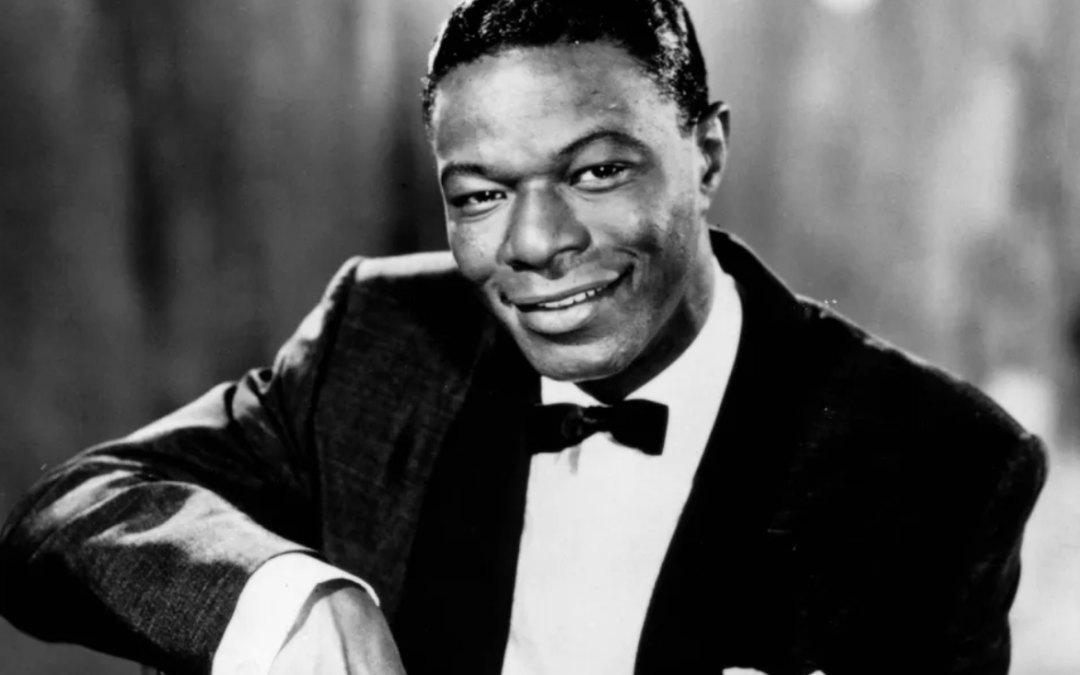
Entertainment
Nathaniel Adams Coles (March 17, 1919 – February 15, 1965), known professionally by his stage name Nat King Cole, was an American singer, jazz pianist, and actor. Cole’s career as a jazz and pop vocalist started in the late 1930s and spanned almost three decades where he found success and recorded over 100 songs that became hits on the pop charts.
Cole started his career as a jazz pianist in the late 1930s, when he formed The King Cole Trio, which became the top-selling group (and the only black act) on Capitol Records in the 1940s. Cole’s trio was the model for small jazz ensembles that followed. Starting in 1950, he transitioned to become a solo singer billed as Nat King Cole. Despite achieving mainstream success, Cole faced intense racial discrimination during his career. While not a major vocal public figure in the civil rights movement, Cole was a member of his local NAACP branch and participated in the 1963 March on Washington. He regularly performed for civil rights organizations. From 1956 to 1957, Cole hosted the NBC variety series The Nat King Cole Show, which became the first nationally broadcast television show hosted by an African American.
Some of Cole’s most notable singles include “Unforgettable”, “Smile”, “L-O-V-E”, “Nature Boy”, “When I Fall in Love”, “Let There Be Love”, “Mona Lisa”, “Autumn Leaves”, “Stardust”, “Straighten Up and Fly Right”, “The Very Thought of You”, “For Sentimental Reasons”, “Embraceable You” and “Almost Like Being in Love”. His 1960 Christmas album The Magic of Christmas (also known as The Christmas Song), is the best-selling Christmas album released in the 1960s; and was ranked as one of the 40 essential Christmas albums (2019) by Rolling Stone. In 2022, Cole’s recording of “The Christmas Song”, broke the record for the longest journey to the top ten on the Billboard Hot 100, when it peaked at number nine, 62 years after it debuted on the chart; and was selected by the Library of Congress for preservation in the United States National Recording Registry. NPR named him one of the 50 Great Voices. Cole received numerous accolades including a star on the Hollywood Walk of Fame (1960) and a Special Achievement Golden Globe Award. Posthumously, Cole has received the Grammy Lifetime Achievement Award (1990), along with the Sammy Cahn Lifetime Achievement Award (1992) and has been inducted into the Downbeat Jazz Hall of Fame (1997), Rock and Roll Hall of Fame (2000), and the National Rhythm & Blues Hall of Fame (2020).
Cole was the father of singer Natalie Cole (1950–2015), who covered her father’s songs in the 1991 album Unforgettable… with Love.
Read more of this article on Wikipedia.
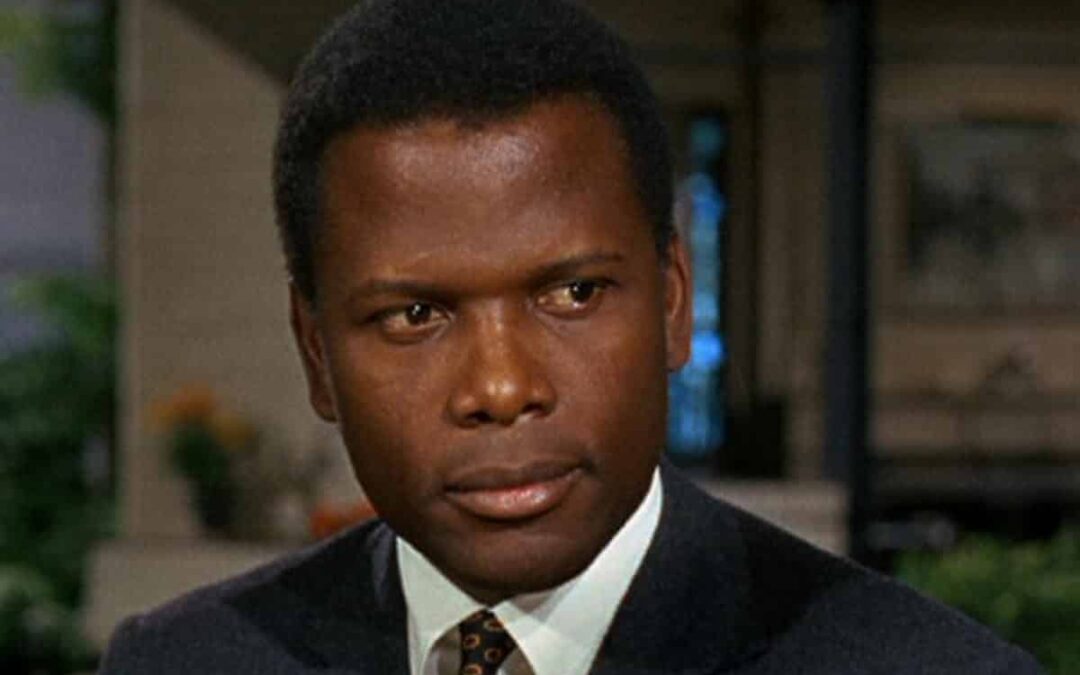
Entertainment
b. Miami. The first African-American actor to achieve the status of a leading man in Hollywood films, Poitier combined poise with an innate projection of dignity and self-assurance. Many of his films have addressed issues of race directly, including the pioneering No Way Out (1950); the internationally acclaimed Cry, the Beloved Country (1951), after Alan Paton’s novel; The Defiant Ones (1957), the film that established Poitier; Lilies of the Field (1963; Academy Award); Guess Who’s Coming to Dinner? (1967), which treated the subject of interracial marriage; and In the Heat of the Night (1967). He turned to direction in 1971, and retired from acting soon thereafter. Among his films is the top-grossing Stir Crazy (1980). In 1988, he returned to the screen, portraying Thurgood Marshall in the television film Separate But Equal.
Entertainment
1895?1978
b. Woodville, Miss. Still was of Native American, African-American, and European ancestry. He studied music at Oberlin, with Chadwick at the New England Conservatory, and with Edgar Var




